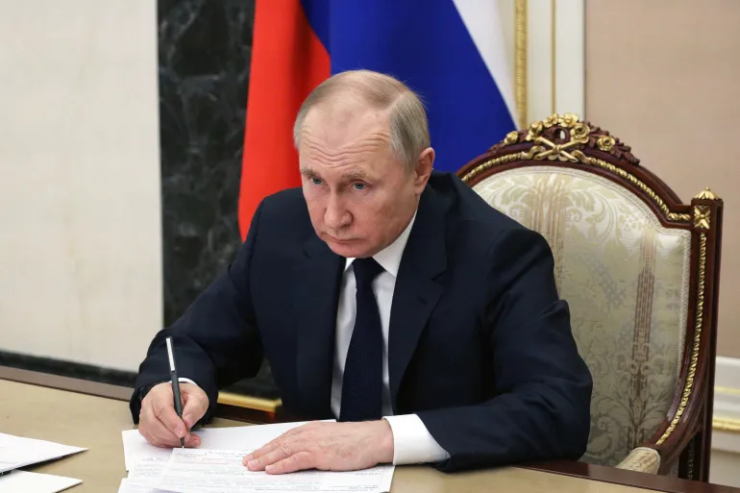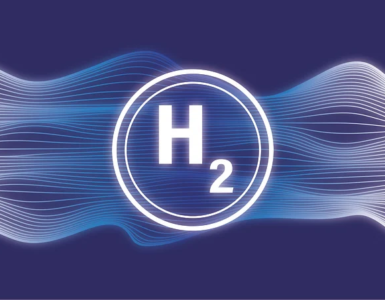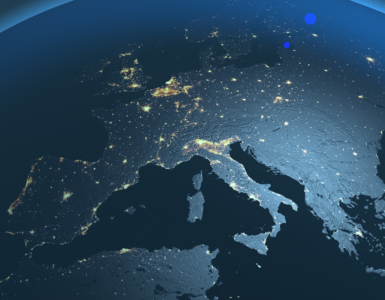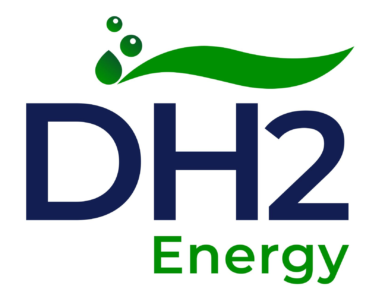Has Russia thwarted its hydrogen market future? – The Hill.
[The Hill] In the weeks since Russia invaded Ukraine, there have been significant discussions on how the European Union could wean itself off Russian gas. But this crisis could have far-reaching implications for Russia’s future as an energy exporter, not just in the short term with declining oil and gas exports, but also in the long term by thwarting Russia’s hydrogen future.The hydrogen economy goes well beyond the production and export of low carbon hydrogen to encompass technology covering the entire hydrogen value chain — an area where Russia could have built on its strength in the engineering sector.
The implications of the current conflict on Russia’s future in fossil fuels trade are at this stage still largely unknown.
🔥 What about we co-host a webinar? Let's educate, captivate, and convert the hydrogen economy!
Hydrogen Central is the global go-to online magazine for the hydrogen economy, we can help you host impactful webinars that become a global reference on your topic and are an evergreen source of leads. Click here to request more details
But like many current large fossil fuels exporters, Russia was already contemplating how the world’s deep decarbonization of the energy system would eventually reduce oil and gas trade as well as affect its revenues, economic model and its role in energy geopolitics.
Similar to Saudi Arabia, Canada and Australia, Russia started to look at hydrogen with the hope that it would be the new oil.
Recent outlooks from the International Energy Agency (IEA) and International Renewable Energy Agency (IRENA) comforted the view that the value of fossil fuels trade would decline over time in a scenario consistent with reaching a 1.5 degree Celsius climate change objective while the trade in hydrogen-related fuels grows in significance.
In IEA’s net-zero emissions scenario, the value of hydrogen trade by 2050 ($300 billion) represents around twice that of all fossil fuels trade.
The Russian government has therefore announced ambitious targets in terms of hydrogen exports (up to 50 million tons by 2050, more than half of the world’s current hydrogen demand), as well as plans to build upon its large gas resources and significant nuclear generation.
Obviously, ambitions do not warrant success and the path to success was never going to be easy. But before the invasion of Ukraine, Russia appeared as a promising contender in the hydrogen race — this looks now compromised.
The advantages that Russia has as a potential hydrogen exporter, such as a relatively low cost of production for blue hydrogen, the support of domestic stakeholders and a short distance to key markets are now likely to be overwhelmingly counterbalanced by other factors.
Europe and a few Asian countries appear as the key future hydrogen importers. Hydrogen diplomacy has been in full swing for over a year as these countries have started to build partnerships with potential hydrogen exporters.
Compared to countries such as Chile, Russia had built a very low number of hydrogen partnerships at the national level (Germany and Japan).
The partnership with Germany is now in question: Germany has just announced that its power sector will be 100 percent renewables by 2035 — five years earlier than previously planned. Like many other European countries, Germany will not trade a dependency on gas for a dependency on hydrogen. Thanks for staying up to date with Hydrogen Central.
Meanwhile, partnerships at a company level are likely to be abandoned by European companies following the general disengagement of companies from the Russian economy. It is now highly possible that Asian potential hydrogen importers such as Japan and Korea will follow this direction. China remains a wild card as it is uncertain whether it would eventually import hydrogen and be a partner for Russia.
The demise of Russia will only reinforce competition from other would-be hydrogen exporters. Many existing oil and gas exporters have been trying to position themselves and capitalize not only on their natural gas resources and their carbon capture use and storage potential, but also on their vast renewable resources.
Additionally, new players seeking to exploit their renewable resources such as Chile, Morocco, Namibia and Brazil have appeared. They will now likely build up their partnerships to offer more green hydrogen to Europe.
The Nord Stream 2 pipeline had once been considered as a potential transport route for Russian hydrogen and could have provided a low-cost and convenient route compared to hydrogen imports by ship.
But this pipeline has been so much the center of tensions that its future use as a gas or hydrogen pipeline appears very uncertain now. Financing Russian low-carbon hydrogen and ammonia projects is likely to become much more difficult and costly for domestic stakeholders given the scale of the sanctions.
Finally, unlike many other potential exporters, Russia has a hydrogen strategy concentrating largely on exports with very little attention given to domestic demand for low-carbon hydrogen. There is a lack of support measures such as carbon prices to foster such demand in the absence of a decarbonization strategy.
In contrast, most other prospective hydrogen exporters are counting on domestic low-carbon hydrogen demand to help building clusters at ports and support hydrogen exports.
By alienating potential importers of hydrogen, Russia could very well have thwarted its hydrogen future. The future of hydrogen may lie in front of us — but being part of that future could be now extremely challenging for Russia.
Has Russia thwarted its hydrogen future?, March 14, 2022








